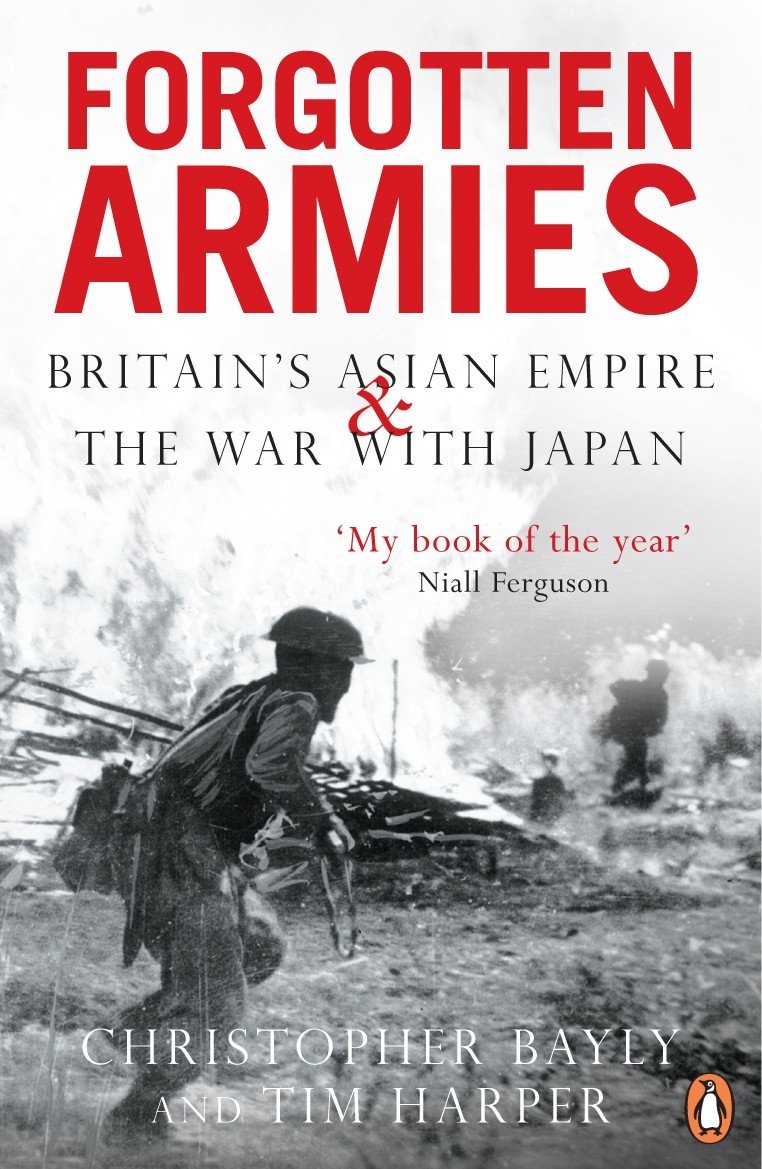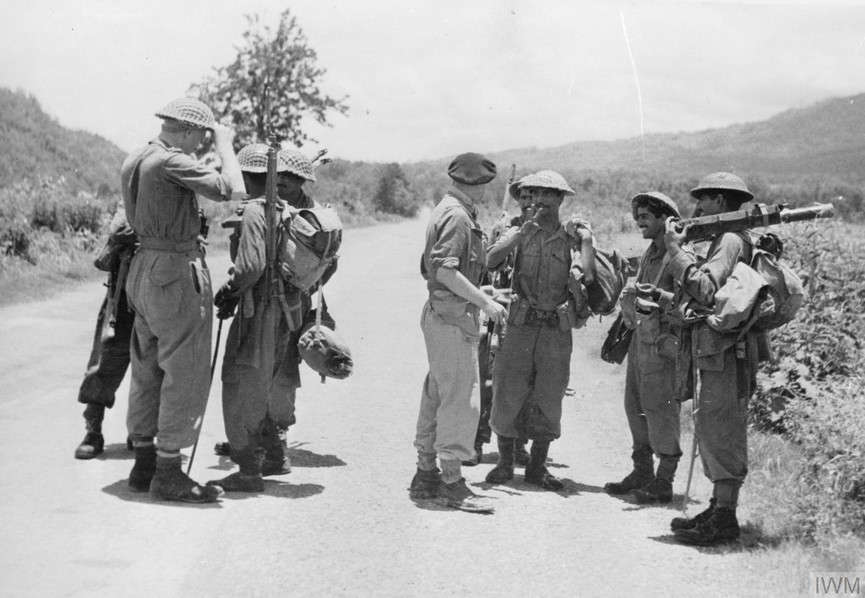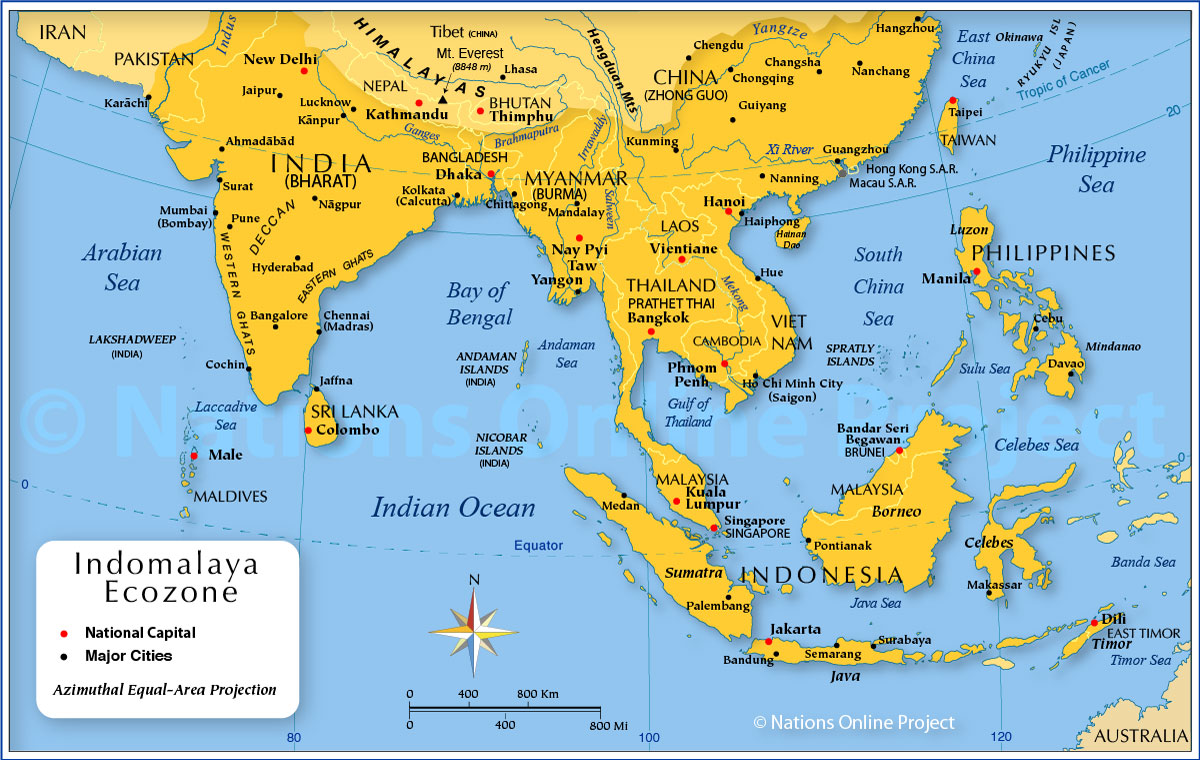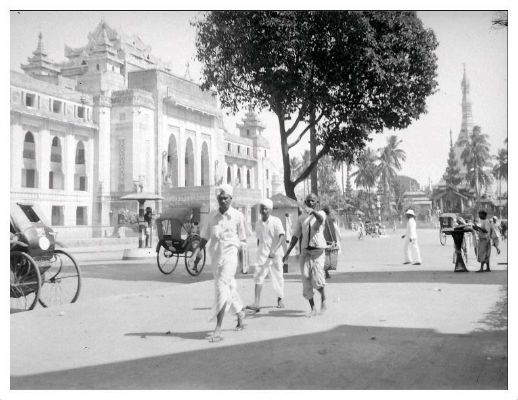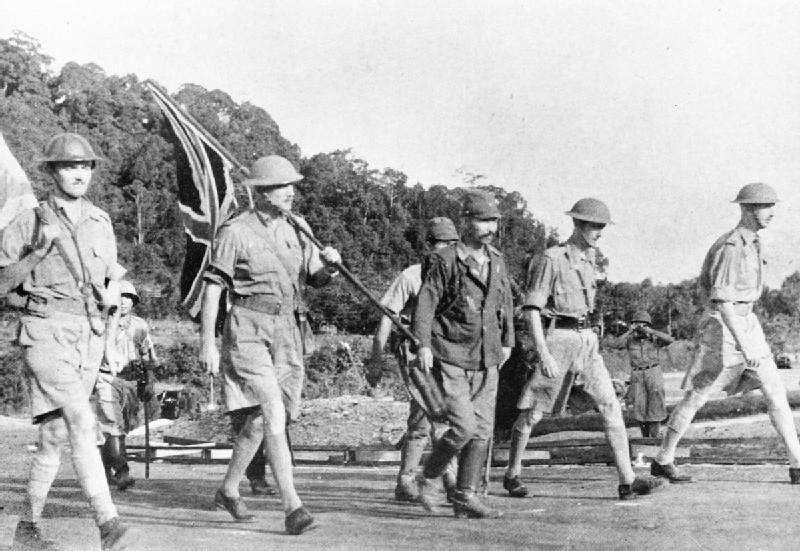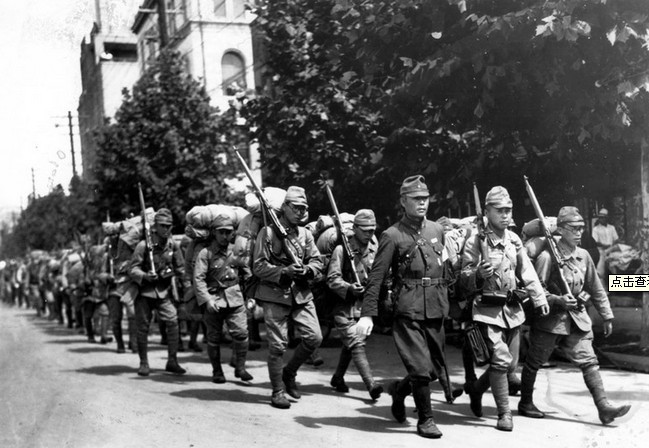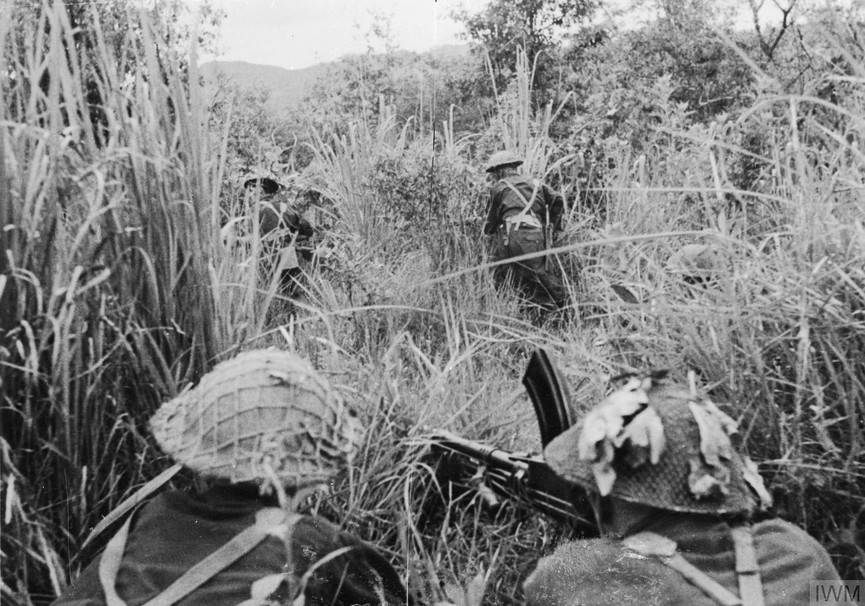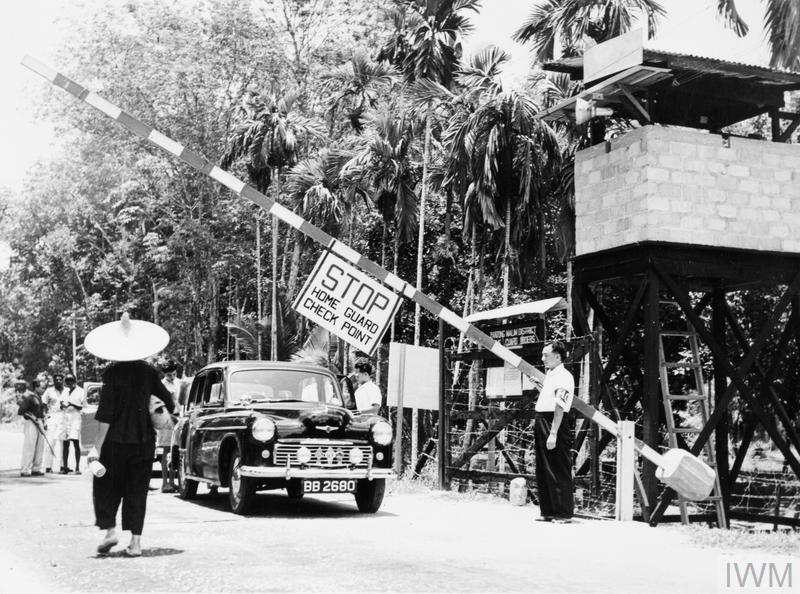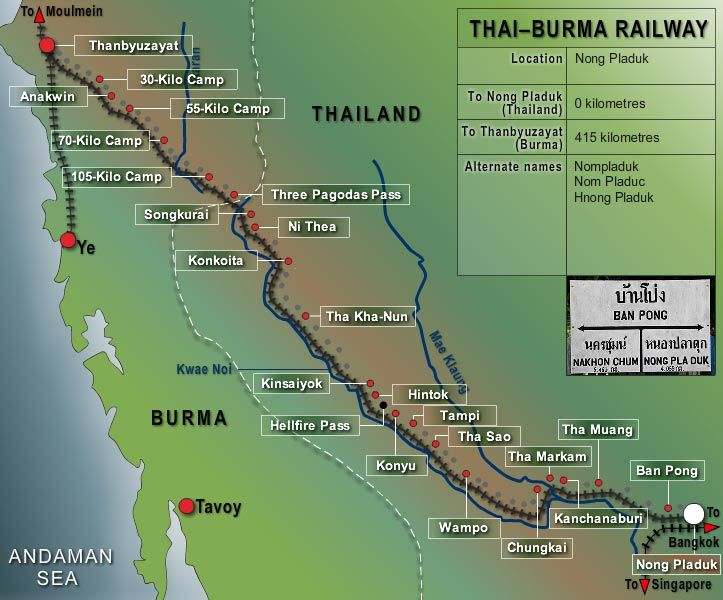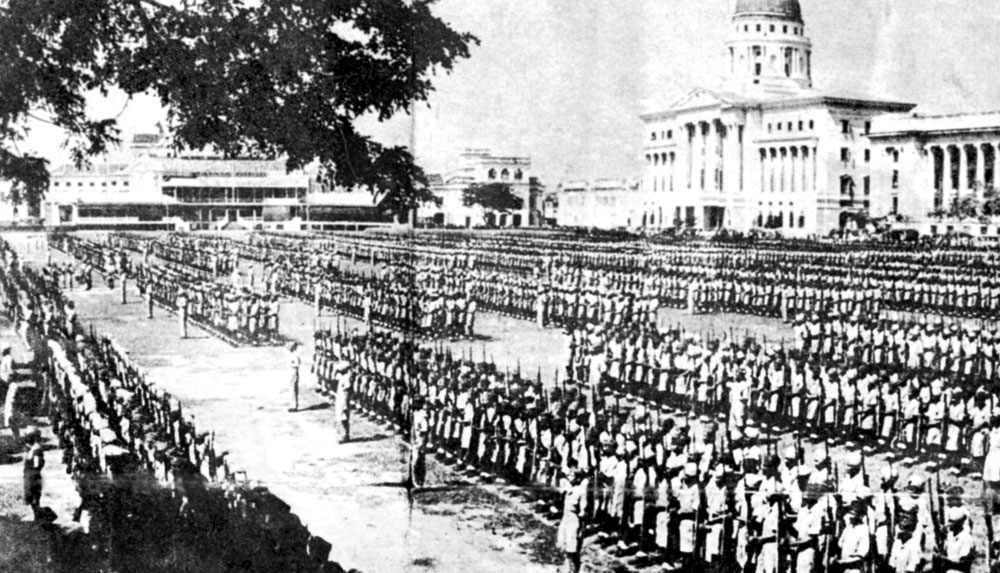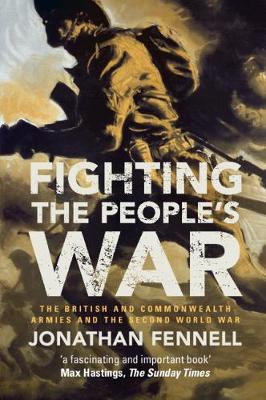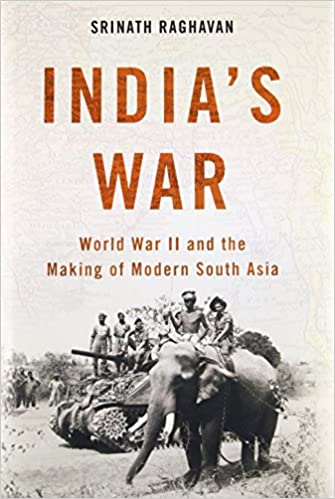It& #39;s been a while but I& #39;m back with a #BookReview!
Today I& #39;ll be reviewing Christopher Bayley & Tim Harper& #39;s "Forgotten Armies - Britain& #39;s Asian Empire & The War With Japan"
1/
Today I& #39;ll be reviewing Christopher Bayley & Tim Harper& #39;s "Forgotten Armies - Britain& #39;s Asian Empire & The War With Japan"
1/
2/ I actually finished this book about 6 weeks ago, however my 1911 Battalion Census& #39; Tweets rather took over my life and I thought I& #39;d delay this particular thread for another day (I also felt everyone deserved a break from me!).
3/ I& #39;ll fully admit that when I came across this book in a Hay-on-Wye second hand bookshop, I brought it assuming it would provide a good overview of 14th Army and the war in Burma.
I was wrong, and very glad to be.
I was wrong, and very glad to be.
4/ The "Forgotten Armies" are not the British or Indian forces in Burma, or even Arthur Percival& #39;s doomed army in Singapore, but the peoples of Burma, India and Malaya who lived, fought and often suffered in the South East Asia Theatre.
5/ Nor is this purely the story of those who fought in concert with the British and Commonwealth forces, for this book also covers those who fought alongside the Japanese, many with the aim of liberating themselves from Western rule.
6/ Bayley & Harper paint an evocative picture of Britain& #39;s Asian Empire, particularly the crescent which incorporated India, Assam, Burma & Malaya. But this is no rose tinted recollection, the authors dispassionately highlighting the final days of an ailing imperial power.
7/ Race and racism are inextricably linked to the conflict in the Far East and Pacific theatres, and this book highlights the racial and ethnic tensions that permeated the region. The failings of the colonial administration are highlighted, and the authors are deeply critical...
8/...of both British & Japanese imperialism. However, the authors highlight the greed and ambition of some of those who would seek to replace the colonial powers, whilst recognising the heroism of those who fought to liberate these nations.
9/ The book is as much a social and political history of South East Asia as it is a & #39;military history& #39;. Whilst the conflict provides the & #39;backbone& #39; of this work, the & #39;flesh& #39; is formed from the experiences of the communities swept up in this global conflict. As the authors...
10...highlight "intercommunity conflict became endemic in the wake of the fighting and would persist for at least a generation".
The Second World War would cast a long shadow over the region.
The Second World War would cast a long shadow over the region.
11/ The book recognises the plight of many of the communities living under Japanese rule, including the horrors experienced by Indian, Malayan and Chinese labourers on the Burma Railway and the subjugation of Anglo-Indian, Eurasian and Chinese citizens of Burma and Malaya.
12/ Likewise the authors recognises the challenges of British subjects, particularly those campaigning for independence in India. Their account is the most balanced I have read when assessing the Indian National Army, and they provide a reasoned critique of the British response..
13/...to the Bengal Famine. The exploration of Burmese, Malayan and Indian independence movements is really fascinating, as is the assessment of the & #39;Indianisation& #39; of the Indian Army.
The book is an interesting companion piece to more recent works such as Fennell& #39;s "Fighting..
The book is an interesting companion piece to more recent works such as Fennell& #39;s "Fighting..
14/...the People& #39;s War" (a must read in my humble opinion) and Srinath Raghavan& #39;s "India& #39;s War" (also excellent) which both assess the impact of morale and political willpower within the Commonwealth armies.
15/ It will come as no surprise to read that I heartily recommend this book. Whilst it is a tale of occupation, horror and atrocity, it is also a work of hope, resilience in the face of adversity, opportunity and, ultimately, independence.
16/ Thanks for reading my review; if you have any questions, queries or comments, please feel free to share them.
Mark
(Fini)
Mark
(Fini)

 Read on Twitter
Read on Twitter